Senior Keegan Lenkey transitions to living as genderfluid
Lenkey said being genderfluid means identifying somewhere between a boy, a girl, both, neither and all genders on a given day
February 8, 2016
What does genderfluid mean?
It’s kind of hard to explain, but the way I look at it like a box where one corner is boy, one is girl, one is both, one is none and the middle is all. I can be anywhere in that box any day.
What do you wish people knew about genderfluid people, or anyone who identifies as something other than straight and cisgender?
We like it when you ask what our gender is. We’d rather you ask than not know and misgender us. Just ask — we’re used to it by this point. It’s better than being called the wrong gender.
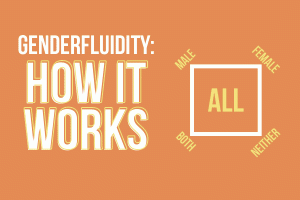
What’s a common reaction you get from people when you tell them you’re genderfluid?
People will [say] that I either can’t make up my mind or I’m confused. It makes me feel pretty bad because I was confused for a long time, and I didn’t understand it. [Now] I finally know who I am and I can get myself and be myself, but then people are telling me that it’s not who I am and that who I used to be is really who I was.
When did you realize you are genderfluid?
Honestly, I think I’ve known for a long time, but there was one moment where it really struck me. I thought for a long time that I just wanted to, just for lack of a better term, dress more butch, like manly/masculine, but not as a guy. But, I once went to Target and the cashier called me ‘sir’ and something deep down inside of me clicked in that moment and I’ve known ever since that there are some days that I really do want to be a guy or a girl. I had always thought that I was a girl but just dressed more masculine, but that moment made it click.
What is one misconception about being gender-fluid that you would like to debunk?
You just have to be confident in yourself and with who you are. — senior Keegan Lenkey
I think one of the issues is that some people think that being genderfluid and being transgender are the same thing. Transgender is really an umbrella term, but there are also people who just define themselves as transgender meaning they are not cisgender. Cisgender is where you identify with the gender you were assigned at birth. So, people who are transgender are the opposite, but they still conform to the binary rules of male or female. But being genderfluid or agender or bigender are completely different from that, but people will group us all together and are like, ‘Oh, but you still have boobs,’ or things like that, but of course, because there are some days I still want to be a girl. And, when I say that, some people think it’s that I want to be a boy all of the time.
How do you make others aware of the pronouns you use?
There are a lot of different ways to go about it. At work, I always go by male pronouns and I’m masculine [presenting] most of the time. Also at my work, they base it off of how I dress. So, if I come into work wearing makeup and looking girly, they’ll just automatically call me she without even asking. They just totally switch over and it’s super cool, they’re really supportive. And also you could just say you use masculine pronouns most of the time, but then tell them otherwise if needed. It’s really what just makes the person most comfortable. I use the way I dress as an identifier. So, like I said, I’m masculine most of the time, and so when I’m dressed more feminine I would like to be called by female pronouns. But, there are a lot of genderfluid people who want to look more feminine and be called male pronouns, so it varies. The best thing you can do is talk to the person and get to know them, otherwise, just asking and being respectful is the best thing.
How did your family respond when you came out?
Society told me that my gender doesn’t exist and that I’m not a valid person. — senior Keegan Lenkey
Well, my mom I think knew before even I did. Like, when I was little, my mom wouldn’t make me play with dolls or whatever, and she’s let me play with whatever I wanted, but like if I wanted to play with boy toys she didn’t care, if I wanted to play in the dirt she didn’t care. My stepdad is definitely super supportive of that too. They have both been super supportive, especially with gender identity and sexuality. My grandma, on the other hand, started crying and asked why I couldn’t be a ‘normal girl.’
Oftentimes, people see non-cisgendered identities and different sexualities as phases. How do you feel about this?
Well, I’ve spent a lot of time in phases or whatever. I’ve spent my entire life trying to figure out who I am, but in a way my life is in an eternal phase now, because I’m never going to be just one gender. Like it’s always going to be different for me, but I spent so much time soul searching and trying to find who I am that I don’t let it bother me anymore. I don’t let people try to tell me who I am anymore. You just have to be confident in yourself and with who you are, and that’s what I’ve done at this point. I just don’t think you should ever tell anyone it’s a phase. Yeah, it could change, but everyone’s gender/sexuality is fluid, [so] it can always change throughout your life. So, whether it changes throughout your life or stays the same, it shouldn’t matter whether it’s a phase or not. Whether it’s a phase or not, you should accept them and make them feel valid.
What would you say to someone who is exploring their identity?
It definitely takes time. Rely on friends who you can trust, because I’ve definitely slipped into some dark, dark places within my soul searching where I thought I knew who I was, but society told me that my gender doesn’t exist and that I’m not a valid person. You need find out your values and your morals before you find your identity, because if you don’t know what you stand for and are confident in the person you want to be, you won’t know who you are.
What’s the most important thing people can do to stand up for genderfluid people?
I’d say the most important thing is not enforcing gender norms. So, like starting when kids are little, don’t make girls have to wear dresses. Starting from a young age, don’t force these children into gender norms. We’re working on breaking out of this as a society, but it’s still there. Like, it used to be that girls cleaned and cooked and stayed home, but in today’s society it’s with makeup and things like that. If a girl wants to experiment with makeup in middle school, then let them, and if she doesn’t want to wear makeup, don’t make her. Don’t push them into gender norms, so they can explore.



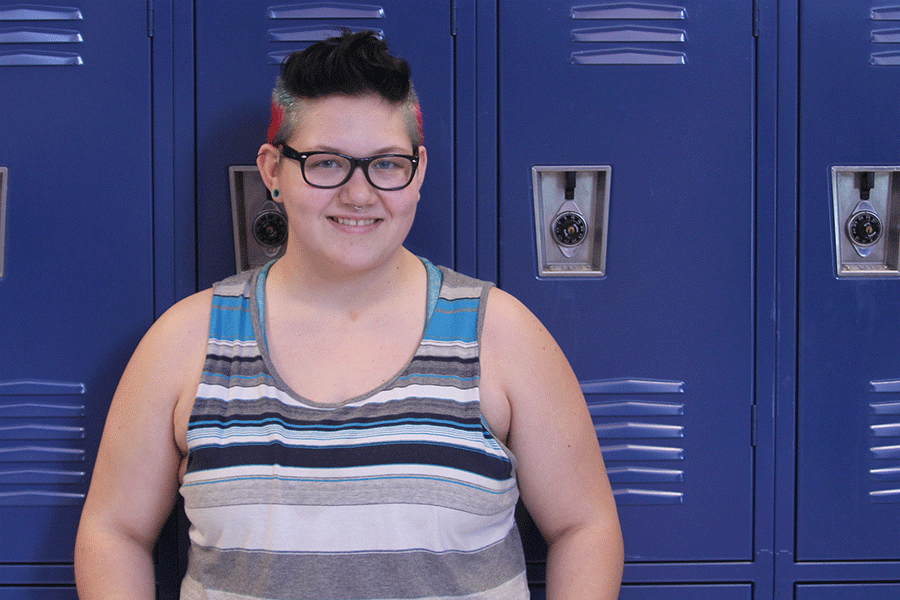
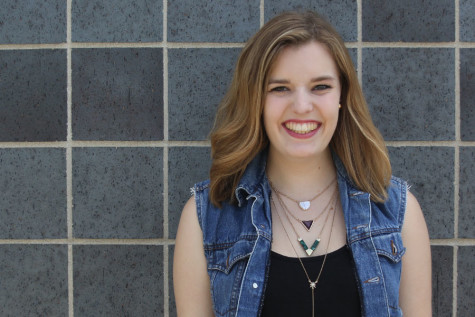

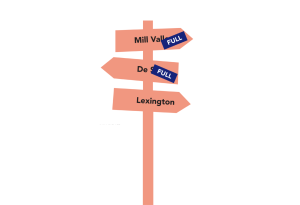






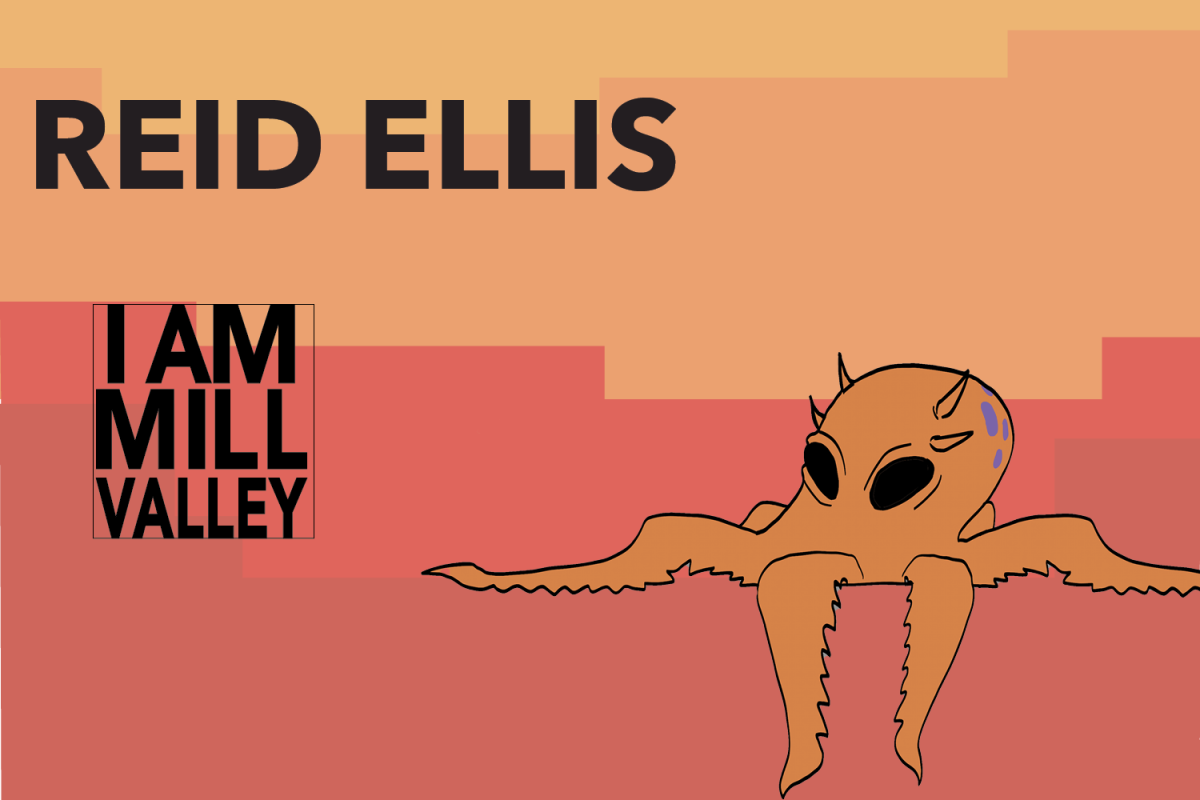
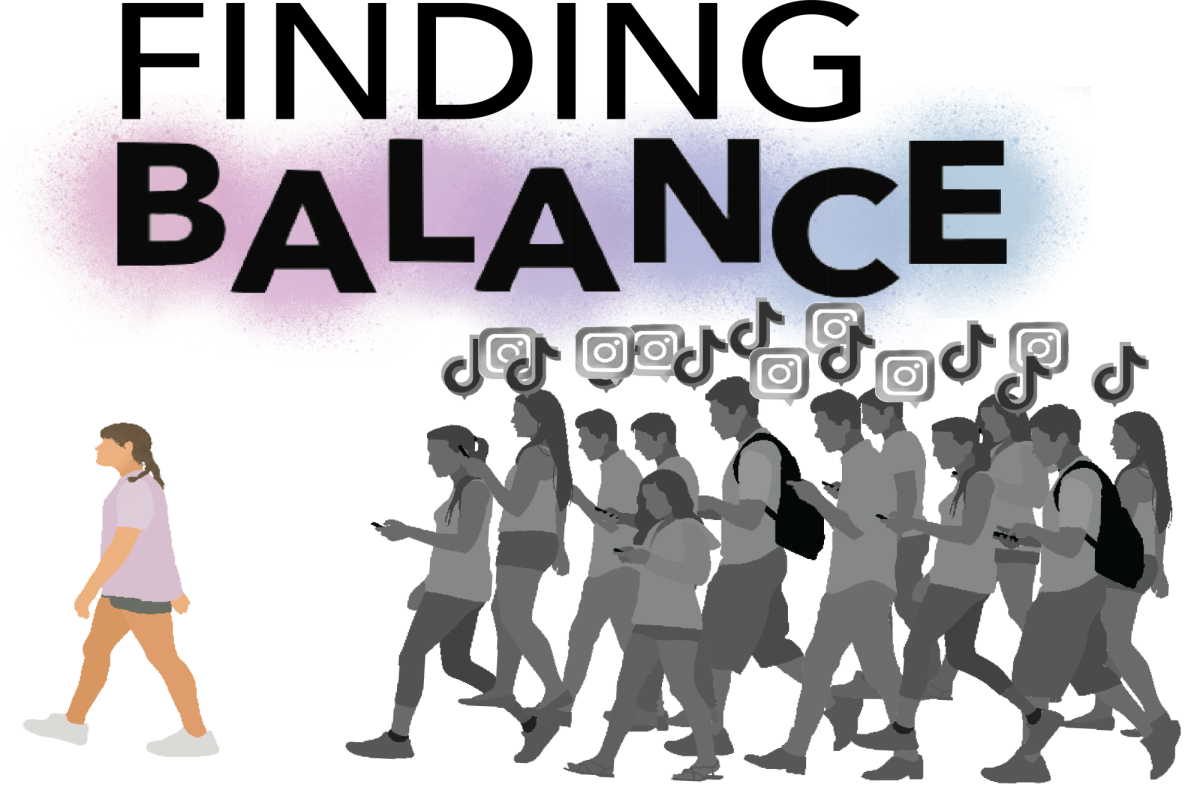
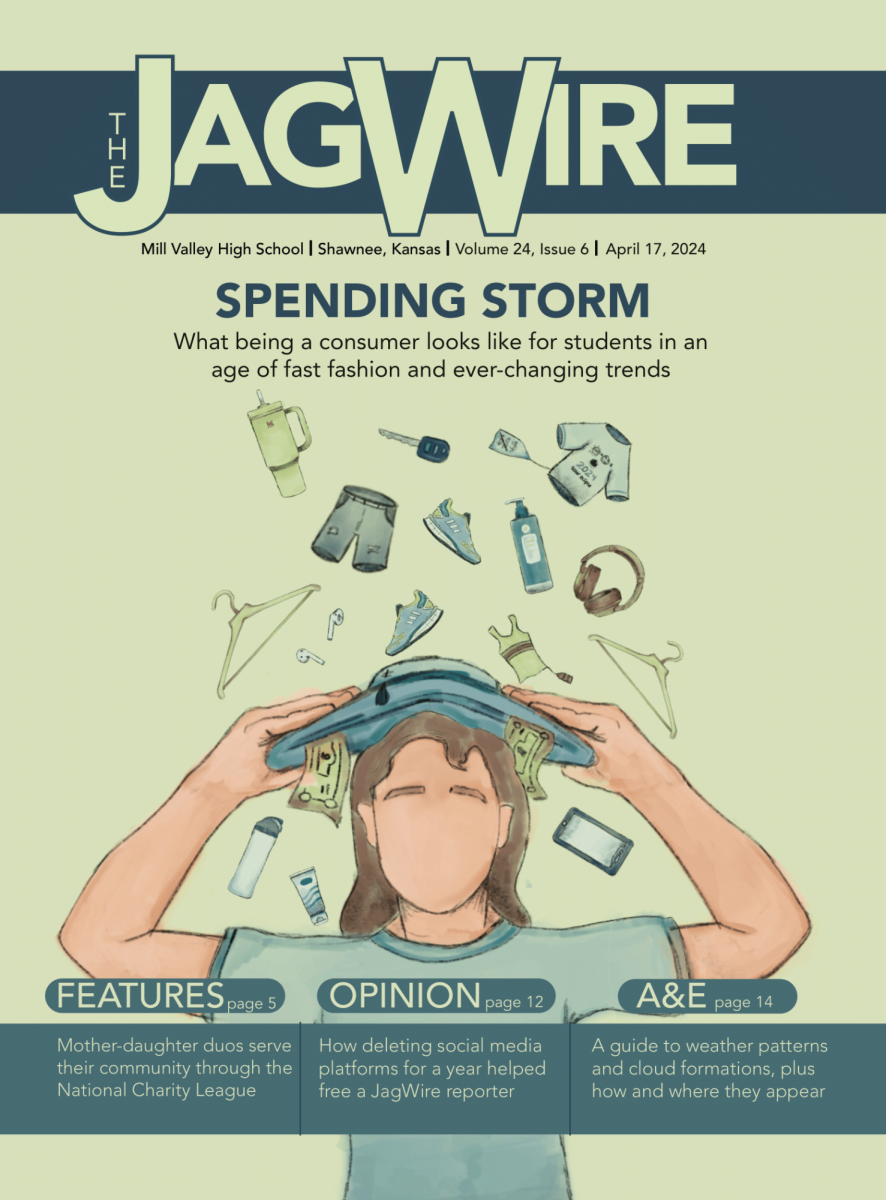

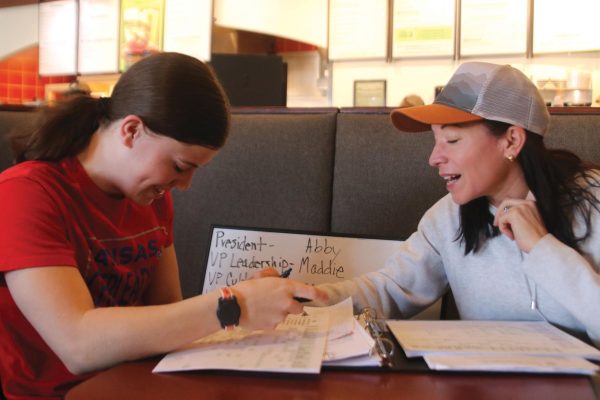
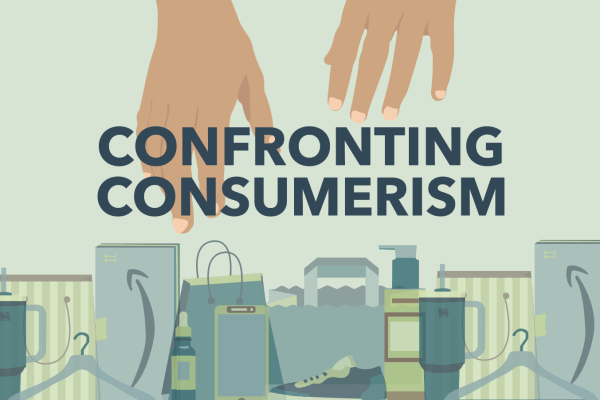
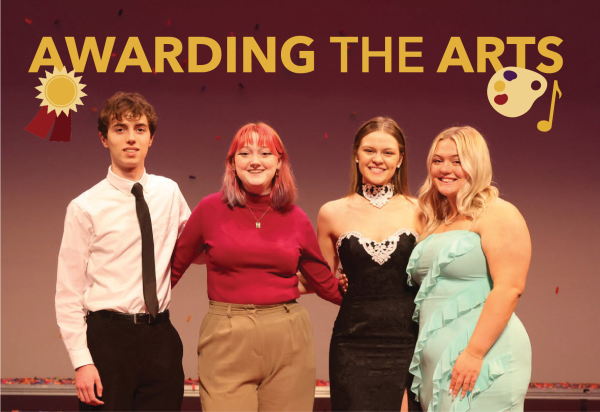
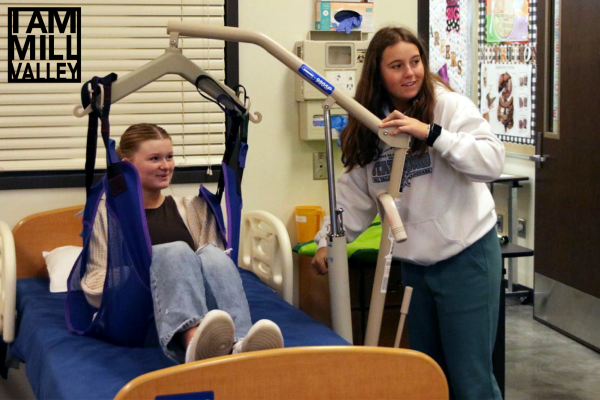
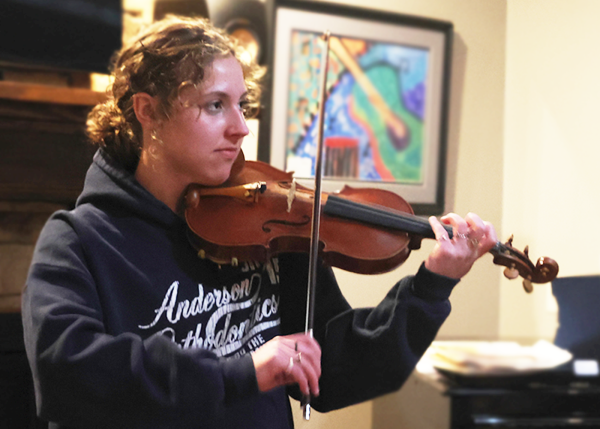
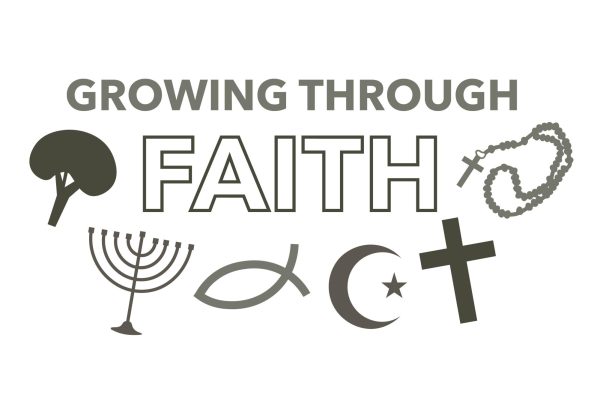
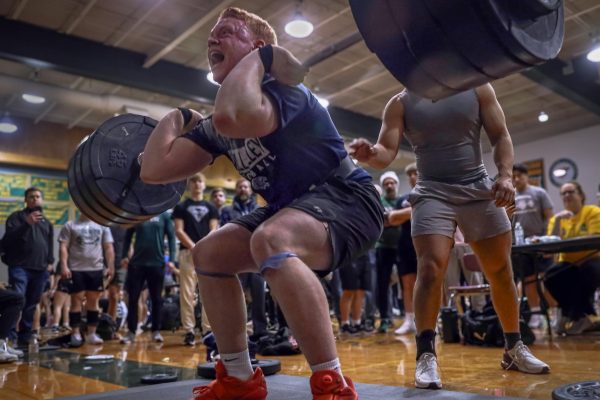
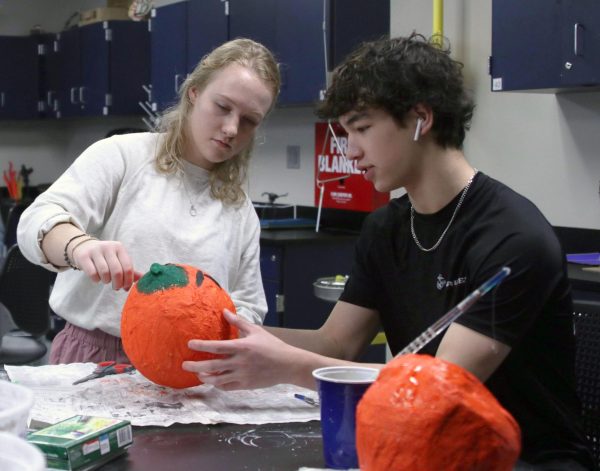

Karen Booth • Mar 1, 2016 at 1:12 pm
I’m not your grandma, but I am a Mill Valley grandma. I would not cry if you were mine unless you were suffering.
I appreciate your explanations of various aspects of this topic. I think people my age are struggling to understand this new and confusing issue.
Kristen Schau • Feb 8, 2016 at 10:36 pm
THIS IS SUPER GOOD JOURNALISM AND REALLY IMPORTANT AND YALL ARE DOING A GREAT JOB <3 <3 <3